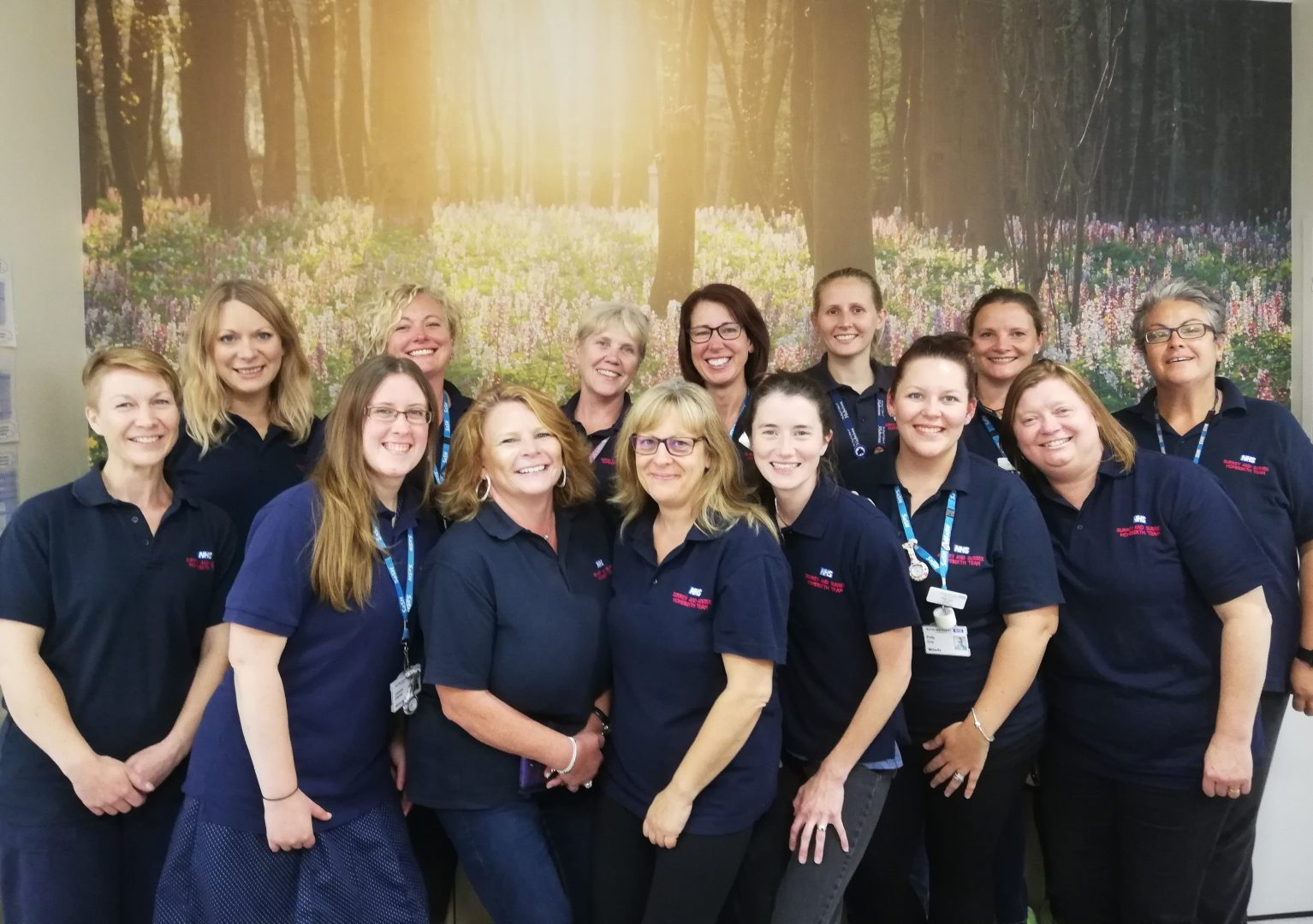Giving birth at home is a safe choice for women who have experienced an uncomplicated pregnancy and, in particular, who have had a previous normal vaginal birth and who do not have any medical complexities. A very large study Birth Place Study (NPEU 2011) has provided us with robust evidence that demonstrates the risks and benefits of each birth place – please see Section ‘choosing where to have your birth” for more information to help you make a choice.
Some of the reasons that you may chose a homebirth include:
- It is more calm and relaxing giving birth in familiar surroundings with access to your own home comforts – helping the hormones of labour
- You can get straight into your own bath/shower/bed after baby is born
- You do not need to travel in your car to hospital with contractions while we come to you
- You do not need to arrange childcare for your other children
It is our priority to ensure that you have all the choices of where to have your baby available to you and that you are cared for in an environment that is safe for you. If you do choose to have a homebirth, you will be cared for by our homebirth team midwives who are all experienced midwives with additional training in community based birth care. The homebirth team midwives will care for you during your pregnancy from the point that you have chosen homebirth as your preference and aim to get to know you well before we are with you during labour. Two midwives will be with you in the home setting at the birth of your baby to support both mum and baby and each other in keeping you both safe. You can find the homebirth team on Instagram.

If you have any questions about home birth, please email homebirth.
Is home birth right for me?
All women have the right to choose where they give birth, but home birth is particularly recommended for those women anticipating a low-risk birth. In other words:
- 37-42 weeks of pregnancy (up to 40 weeks for women aged 40 or over)
- Uncomplicated pregnancy and medical history
- BMI less than 35
- Head-down baby (not breech)
- Not a multiple pregnancy
This list is just a guide, and it is important that your birth plan is personalised to you and your needs. If you do not fall within these criteria, or are unsure, you can speak to a member of the homebirth team for more advice on your choices.
What equipment do I need for a home birth?
The homebirth team will bring all of the equipment they need to keep you safe at home. This is similar to the equipment we keep stocked in our birth centre rooms. We carry gas and air as an additional form of pain relief for you too.
Many of our home birth families choose to hire or buy a birth pool to use at home. This can provide some pain relief, as well as a warm, calm and contained environment for you to have give birth. You may also decide to hire or buy a TENS machine or use other natural methods of pain management, such as hypnotherapy or aromatherapy. Our team are more than happy and able to support you in the use of these, but these are not provided by the hospital in any of our birth settings.
While we carry some pads and cleaning equipment, it helps to have some old towels/sheets to place on the floor or sofa to protect them when your water breaks or after baby is born.
You will also benefit from having some nice home comforts including warm towels for you and baby, a dressing gown, some calm lighting, music and pillows.
We will give you more advice about how to prepare at your midwife appointments.
How do I transfer my care to the homebirth team?
You can self-reefer to the homebirth team by emailing homebirth.
What happens if complications develop at home?
We monitor you and your baby closely during your active labour to ensure that both of you are well. If complications are developing as a result of your birth there are usually warning signs given by you and/or your baby. At home, we act promptly on any warning signs and may recommend transferring to a different birth environment. This transfer will be by ambulance but most often without the need for blue light transfer. Your homebirth team midwife will continue to care for you in the new birth environment and maintain as many elements of your birth preferences as we are able to safely for you.
In the very unusual event that there is not enough time for a transfer into hospital, your midwives are trained to manage all birth emergencies and carry the equipment, including drugs, to keep you and your baby safe while awaiting transfer to the hospital. Please see the Birth Place Study (NPEU 2011) for evidence about the safety of homebirth.
